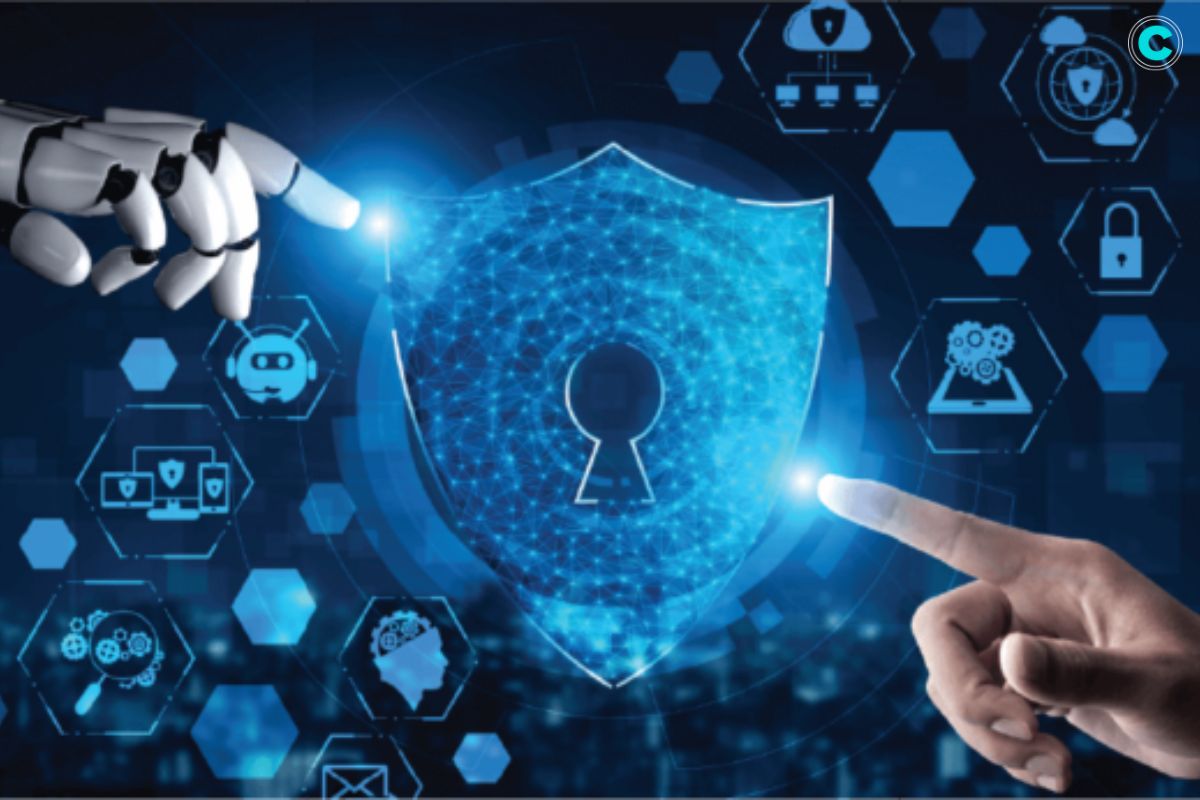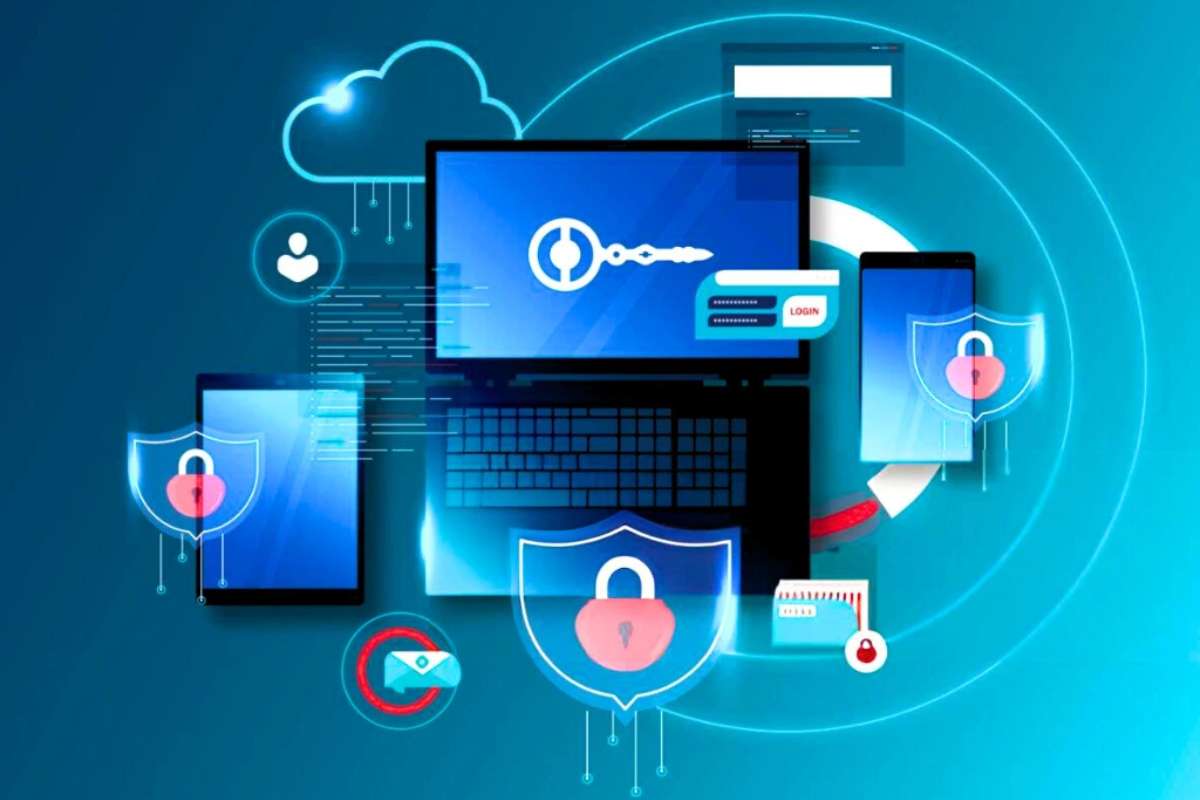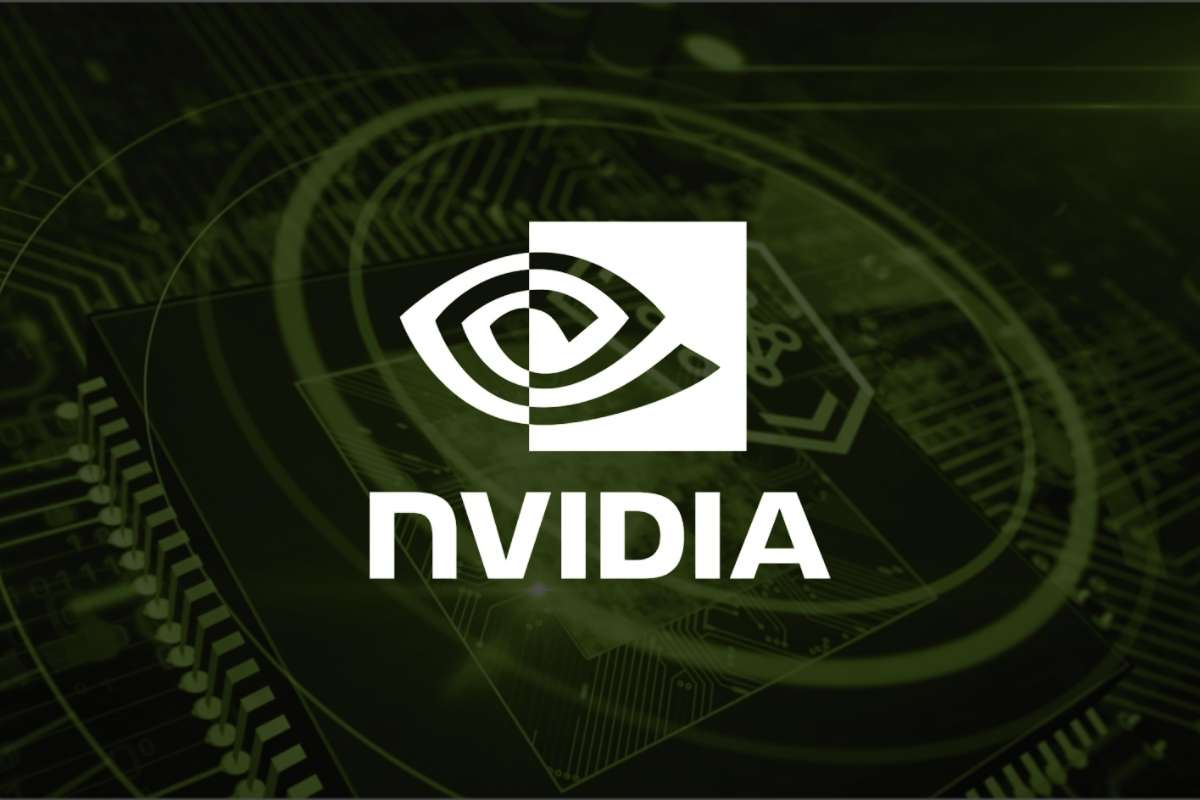(Source – Closed Door Security)
Democratizing Advanced Security Tools
In a groundbreaking shift, the realm of cybersecurity is undergoing a democratization revolution. Gone are the days when only big-budget enterprises could afford top-tier protection. Now, thanks to advancements in AI, cutting-edge security tools are within reach for organizations of all sizes.
Traditionally, smaller businesses faced an uphill battle against cyber threats due to resource limitations. But with the integration of autonomous security technologies, the playing field is leveling. These AI-powered tools boast unparalleled speed and performance, offering advanced security operations to companies regardless of their scale or budget.
SentinelOne, a leading innovator in the field, is at the forefront of this revolution. CEO Tomer Weingarten envisions a future where security solutions not only react to threats but predict and prevent them before they strike, enhancing the resilience of our digital ecosystem.
The Role Of Autonomous AI In Cybersecurity
Autonomous security technologies transcend traditional AI applications, according to Ric Smith, Chief Product and Technology Officer at SentinelOne. Unlike basic chatbots, next-generation AI can understand complex queries in natural language and anticipate the needs of security analysts. This proactive approach transforms reactive security measures into preemptive strategies, mitigating threats before they escalate.
The true value of autonomous AI lies in its ability to not only respond to queries but also proactively manage and mitigate potential threats. By reducing the cognitive load on analysts and streamlining decision-making processes, these tools revolutionize cybersecurity defense strategies in the face of increasingly sophisticated threats.
Implications For The Cybersecurity Workforce
The integration of autonomous security tools empowers cybersecurity analysts at all levels, enhancing both scale and skill. By automating routine tasks and predicting necessary actions, these tools alleviate the burden of alert fatigue and allow analysts to focus on strategic, high-impact work.
Contrary to dystopian predictions, autonomous AI isn’t replacing security analysts but augmenting their capabilities. As Steve McDowell of NAND Research explains, generative AI provides a comprehensive view of the environment, enabling data-driven conversations with infrastructure and empowering defenders to keep pace with evolving threats.
Defining The Future Of Security
The shift towards autonomous security represents a monumental leap forward in cybersecurity. By democratizing access to advanced tools and employing proactive AI, visionary companies are redefining the boundaries of what’s possible in cybersecurity.
As we continue on this trajectory, the evolution of autonomous security technologies will undoubtedly shape the future of cybersecurity, making it more accessible, intuitive, and effective for organizations worldwide. As Ric Smith aptly summarizes, autonomous security doesn’t just do what you ask it to, it does what you need it to.






